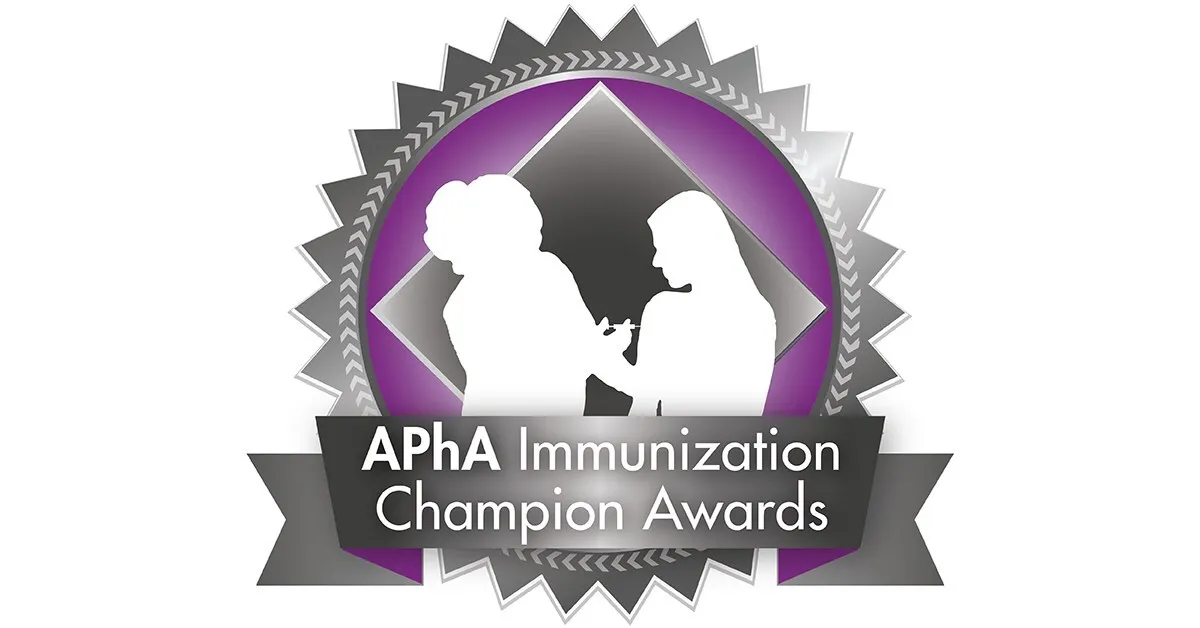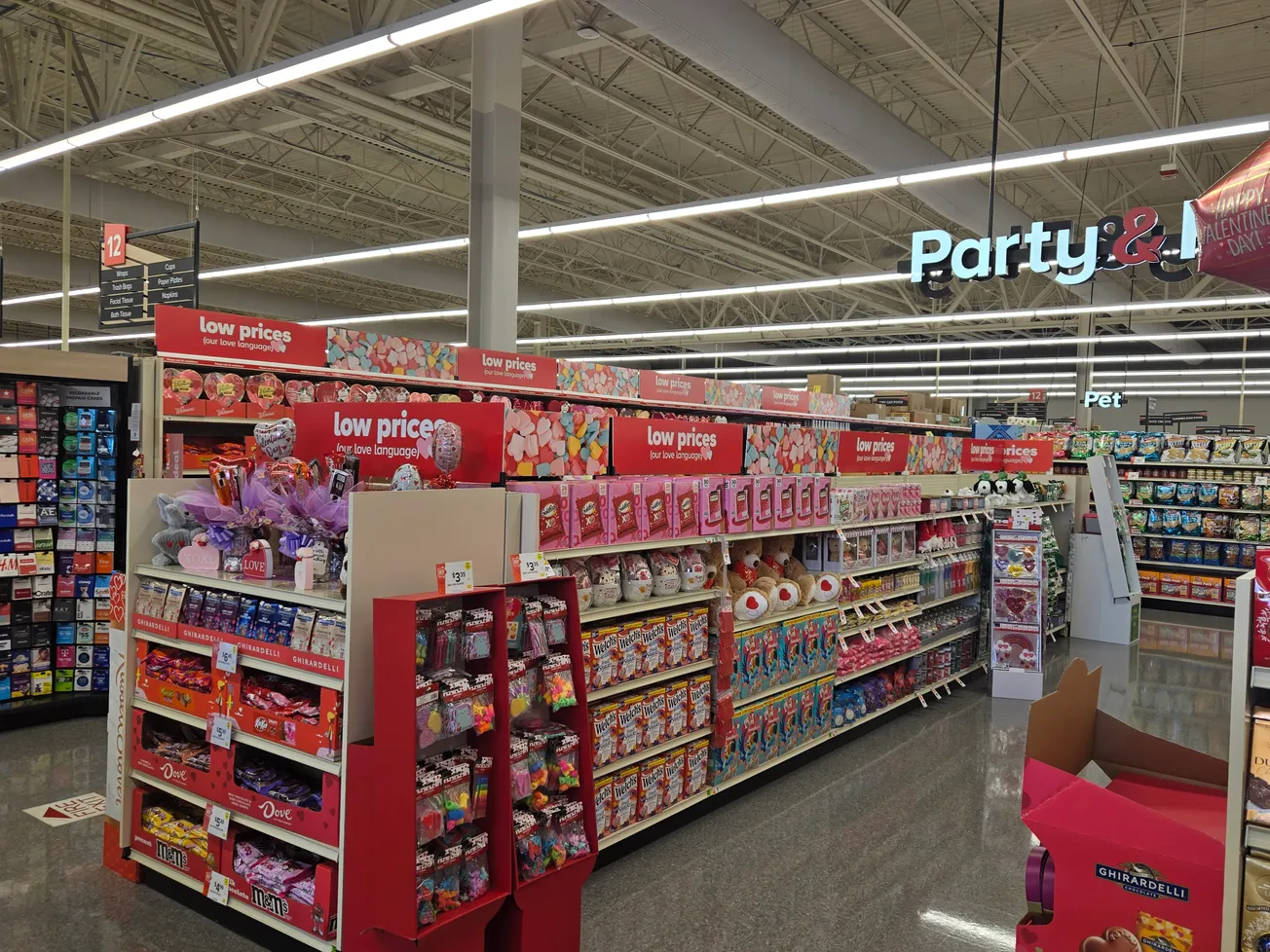ALEXANDRIA, Va. — A proposal for a study of the factors that influence a pharmacy’s cost of dispensing a Medicaid prescription may be included in an amendment to legislation pending before the Senate, the National Community Pharmacists Association reported.
NCPA has reiterated its support for the study, which would be done by the Government Accountability Office, the audit and investigative arm of Congress. Sen. Michael Bennet (D., Colo.), author of the amendment (No. 4381), hopes to include the proposal in legislation that would extend Medicaid funding to states, unemployment insurance and a range of tax provisions, according to the association.
"NCPA supported Sen. Bennet’s amendment when he offered it in December to the health care reform legislation, and the need for this study has only grown since then," Bruce Roberts, NCPA executive vice president and chief executive officer, said in a statement. "It’s been over a decade since the federal government studied the pharmacy’s cost of dispensing. In that time, the dispensing fees paid to community pharmacies in Medicaid and other government-sponsored health plans have continued to decrease while the pharmacy’s cost of dispensing is on the rise."
Private estimates have pegged the cost of dispensing at $10.50 to $11 per prescription, compared with an estimated aggregate average dispensing fee of $4.75 to $5.02 per prescription paid by the states under Medicaid, NCPA said.
"This discrepancy is particularly important for independent pharmacies and for rural states like Colorado, where a pharmacy may be the only accessible health care provider for many miles," Roberts noted. "Unlike big-box stores where drug reimbursement can be a ‘loss leader,’ independent pharmacies derive over 90% of revenue from prescription sales and serve an extraordinarily high share of Medicaid patients."
He added that it’s also critical for Congress to include in the pending legislation an extension of the temporary increase in the federal medical assistance percentage (FMAP), which provides funding for state Medicaid and other health programs.
"Failure to approve this funding could force states to drastically slash Medicaid budgets, potentially cutting pharmacy reimbursement to the point of forcing independent pharmacies out of the Medicaid program or to close altogether," Roberts commented. "Under that scenario, costs to the state go up as underserved patients may be led to more expensive emergency rooms for care, while good, local jobs are jeopardized."






